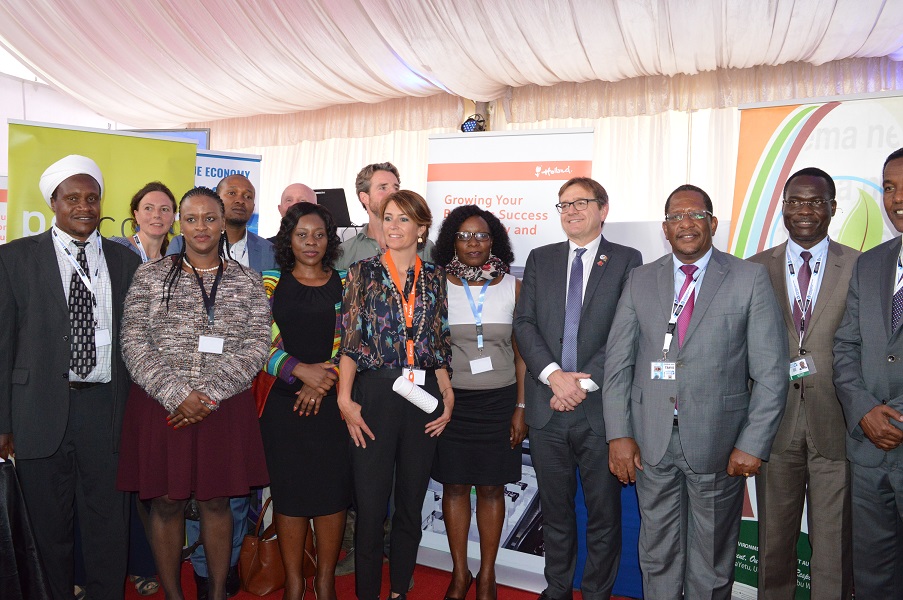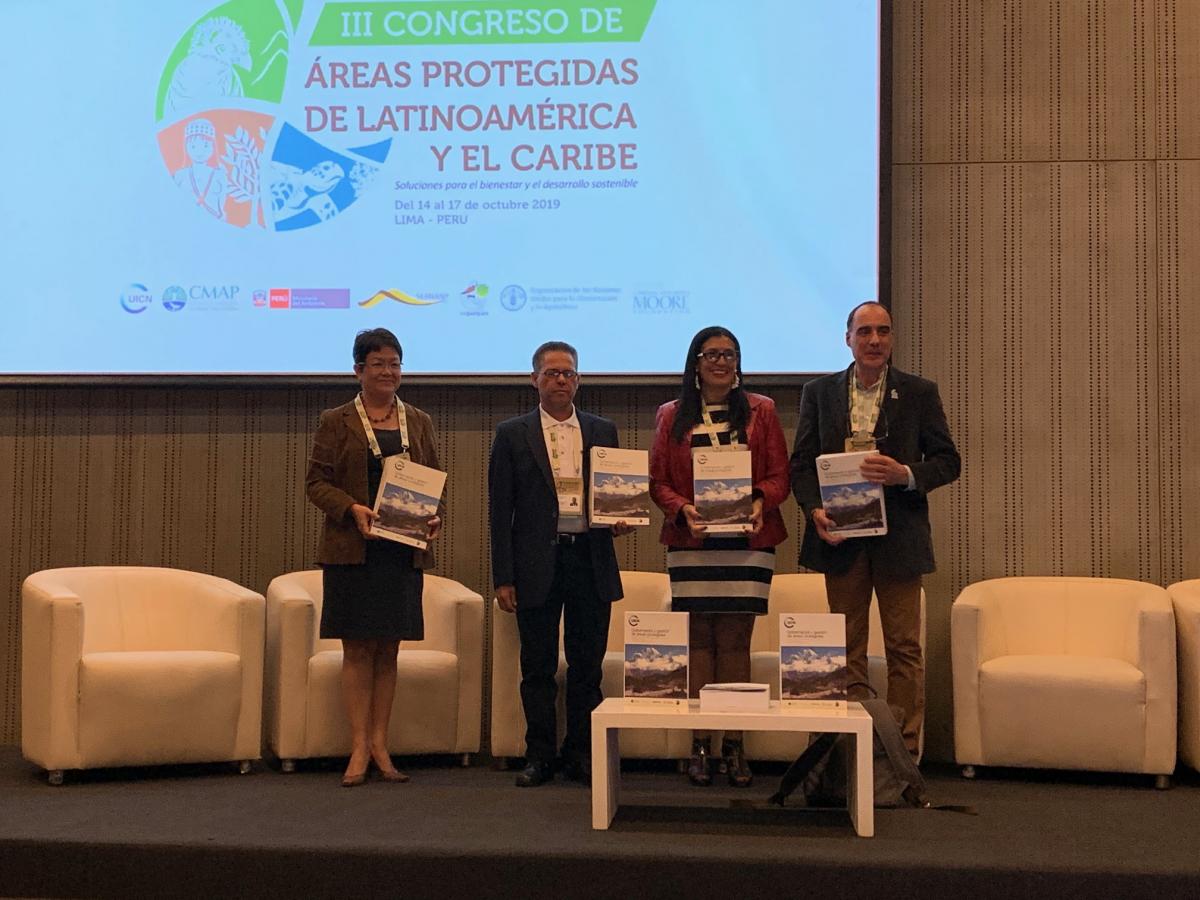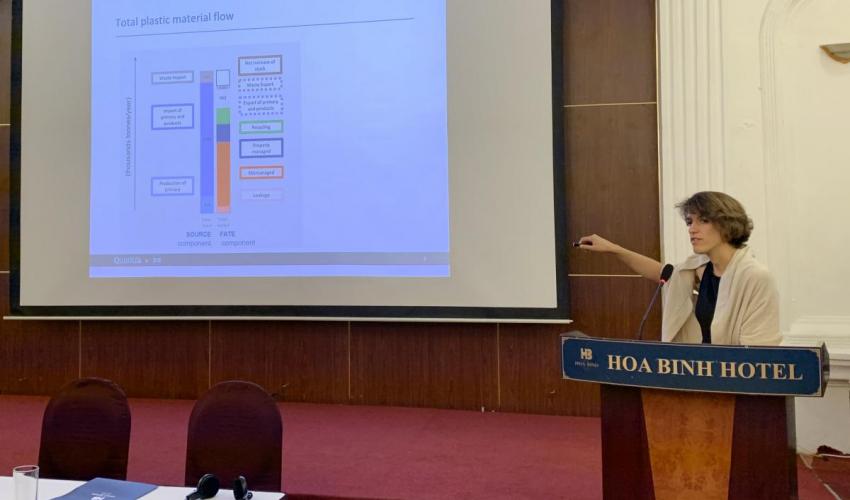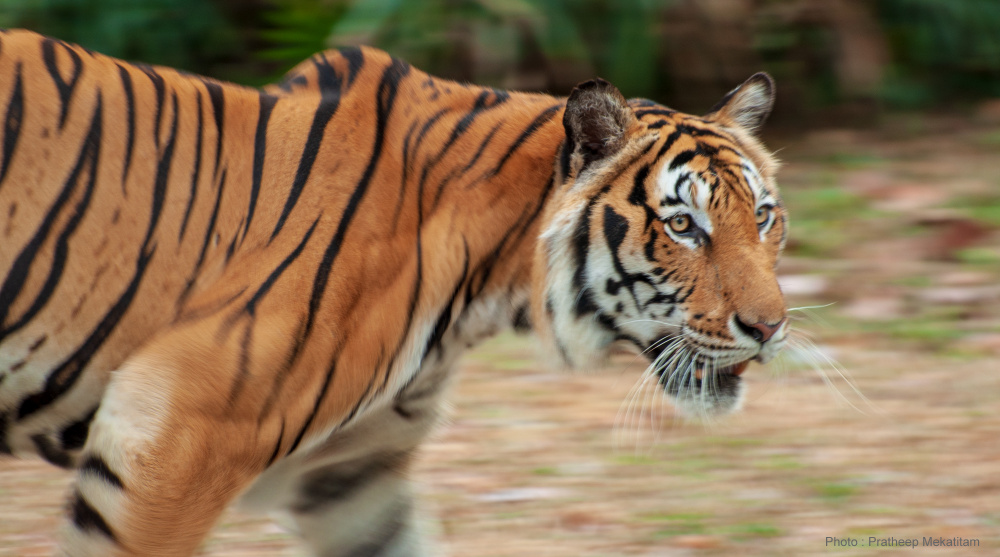Building the global momentum on marine/aquatic plastics litter
Along with over 18,000 participants from 180 countries representing government institutions, national agencies, academia and research, private sector, students, and plastic sector actors, IUCN joined the Sustainable Blue Economy Conference in Nairobi, Kenya, in late November 2018.

Photo: IUCN ESARO/ SIB-Kenya
The event provided an opportunity for stakeholders to come together and achieve the following: identify ways to harness the potential of the blue economy to create jobs and combat poverty and hunger, demonstrate how economic development and healthy waters go hand-in-hand, capture commitments and practical actions that can be taken today and bring together the players needed to transition to a blue economy.
With these goals in mind, IUCN, in collaboration with other international and national government agencies and civil society organisations, held a dedicated side event on “Building the global momentum on marine/aquatic plastics litter”.
At this side event, IUCN presented its global “Closing the plastic tap” programme, which is currently implementing three large-scale projects across four regions to tackle the plastic pollution crisis.
One of these projects is the Sida-funded Marine Plastics and Coastal Communities project or “MARPLASTICCs”, which aims to equip people, businesses, and governments in Kenya, South Africa, Mozambique, Thailand and Viet Nam with tools to reduce plastic pollution and move toward a circular economy. The project also focuses on facilitating dialogue as well as implementing Public-Private Partnerships to reduce plastic leakage.
“In Kenya, IUCN is looking at scaling up initiatives such as EcoWorld Watamu to promote plastic waste recycling. In South Africa, IUCN is collaborating with the Nelson Mandela Bay Municipality and the private sector to achieve an ambitious goal of zero plastic waste to the Bay by 2030,” said Luther Bois Anukur, IUCN Regional Director for Eastern and Southern Africa.
At the conference, IUCN presented its plans for developing a plastic footprint methodology. This tool - which will be used in understanding national plastic flows - gained some prominence at the event as reliable data and information related to plastic footprints is still very limited in many countries.
The plastic footprint methodology is expected to provide top-notch science-based analytics on the scale and impacts of plastic pollution at the national level. The methodology, model and data aim to adhere to Open Science principles, and to incorporate citizen science data. Over the next two years, IUCN will be working with partners to apply the plastic footprint methodology in several countries.
“The private sector can catalyse the global shift towards a circular economy by reducing the plastic footprint of their own value chains and by pioneering market solutions and technical innovation. We would like to invite all interested stakeholders to join us in the fight, and to apply the plastic footprint methodologies,” added Anukur.
IUCN also took part in discussions related to public-private partnerships for reduction of marine plastic pollution and the vital importance of healthy oceans and biodiversity conservation.
The Sustainable Blue Economy Conference was co-organized by Kenya’s Ministry of Environment and Forestry, Canada’s Ministry of Environment, the Embassy of the Kingdom of Netherlands, the Council of Governors, NEMA, IUCN, UNEP, DFID, the World Bank, Sustainable Inclusive Business, KEPSA, KAM, RETRAK, PETCO, and Plastic Soup Surfer. The conference built on the momentum of the UN 2030 Agenda for Sustainable Development, the 2015 Climate Change Conference in Paris and the UN Ocean Conference 2017 “Call to Action”.
Read the Sustainable Blue Economy Conference report here.
Plastic pollution has become a global problem threatening our environment, health and economies. If we do not act now, the problem will only get worse. Through the Marine Plastics and Coastal Communities (MARPLASTICCs) project, funded by the Swedish International Development Cooperation Agency (Sida), IUCN is working closely with governments, industries and society in Africa and Asia to reduce and control plastic pollution.



